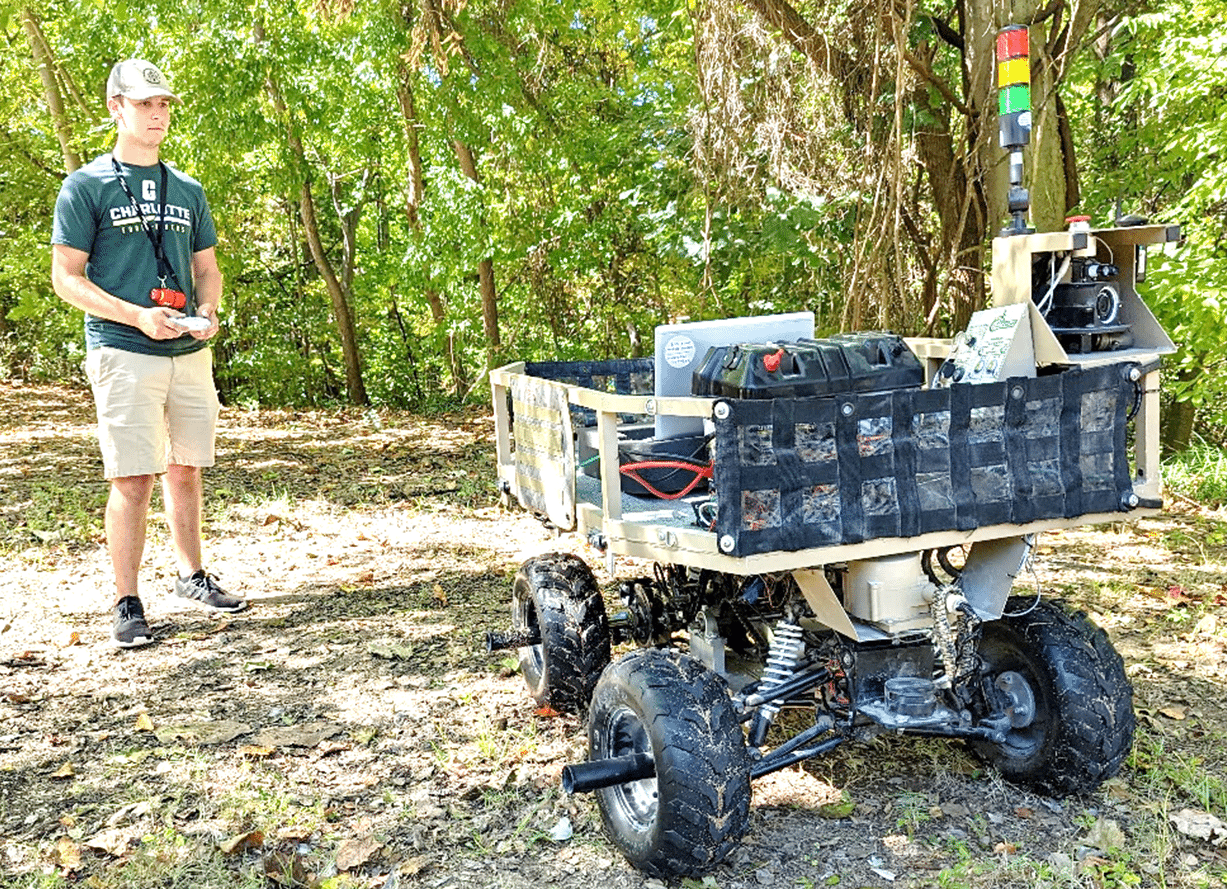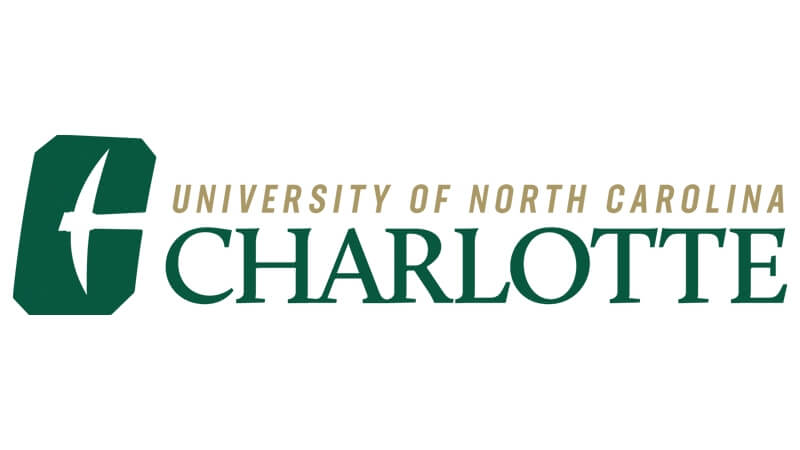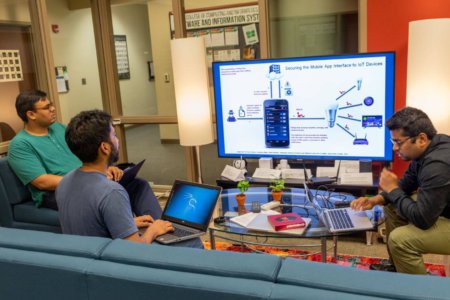By 2040, renewable energy sources like wind and solar will supply 40% of the world’s electricity. That is the conclusion the International Energy Agency reached in its annual World Energy Outlook. In China, renewables are set to replace coal as the its biggest source of electricity in less than 20 years.
In this global march towards clean energy, it’s professionals who understand this important niche in the market that employers will seek.
This is a fact the University of North Carolina at Charlotte (UNC Charlotte) knows best. Every year, they strive to produce highly skilled and versatile engineers through their MS in Applied Energy and Electromechanical Engineering (AEEE).
Offered by UNC Charlotte’s Department of Engineering Technology and Construction Management, the 30-hour engineering qualification explores the areas of energy conversion, transfer, and conservation, as well as optimal utilisation of resources. Think about managing fuel resources, learning solar energy principles and discovering the different types of fuel cells — that’s what the AEEE is about.
What sets this graduate engineering programme apart is the customisable modules and numerous opportunities to explore various STEM disciplines. There are over 23 modules to choose from — they dive deep into renewable energy, robotics, applied computational methods, system dynamics and many more.
AEEE students will not only learn in a department that promises a multidisciplinary graduate education. They can choose from three delivery options too: Thesis, Project (non-thesis), or Comprehensive Exam. Each route requires the completion of core courses, elective courses, and a capstone experience.
For those keen on conducting research, the Thesis route will allow you to conduct research on an approved topic, translate your findings into a written thesis and deliver an oral defence of your research to a Master’s Committee. Those who prefer a more traditional graduate experience will undertake a comprehensive examination or a non-thesis research project.
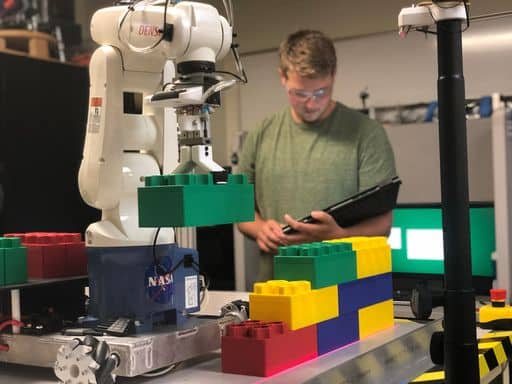
Students can choose from three delivery options to create a customised postgraduate learning experience. Source: UNC Charlotte
Experiential learning with an international student community
At UNC Charlotte, engineering comes to life through experiential learning experiences. Through advanced coursework and research, the department incorporates high-impact learning practices based on real-world engineering scenarios that are common today and will emerge tomorrow.
Teaching and learning take place in the Sheldon P. Smith Building. Picture 58,700 square feet of usable classrooms, laboratories, and office space to support principal educational, research and development activities — it’s a big space that matches the ambitions of its students and staff.
Students researching for their thesis will benefit from the laboratory support services that includes electronics, mechanical and machine shops provided by three full-time skilled technicians or laboratory manager and faculty associates with laboratory responsibilities.
Beyond this, there’s a lot to discover within a diverse student and faculty population. Faculty members from different ethnicities, professional backgrounds and research specialities help bring an unrivalled breadth of knowledge to the classrooms. Pair that with an international student community of 95 countries, and you’ll learn in an environment representative of all upbringings, academic backgrounds and aspirations.
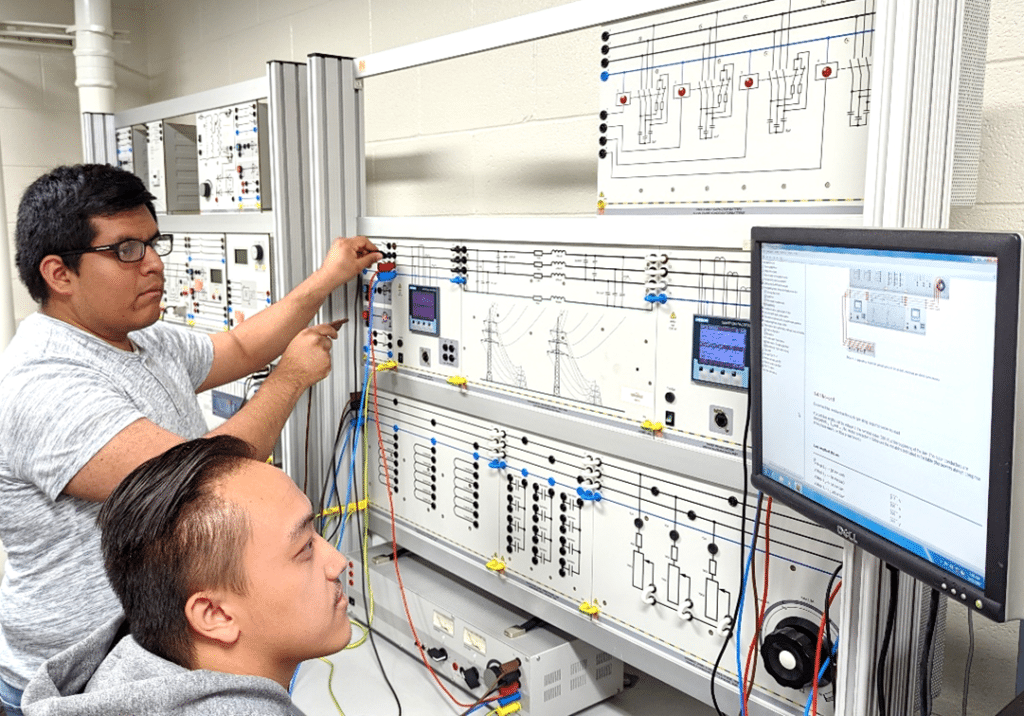
The diverse student and faculty population helps to build a vibrant and supportive learning environment. Source: UNC Charlotte
Diverse career opportunities
Anything is possible with the guidance of experienced professors in the AEEE programme. Learn, experience and explore a topical area like energy industry modernisation, renewable energy systems, or manufacturing automation through research and teaching assistantships. Students have worked on projects sponsored by the Department of Energy, the National Science Foundation and National Labs as well.
Thanks to the William States Lee College of Engineering’s accreditation by the North Carolina Board of Examiners for Engineers and Surveyors, graduates are eligible to take the professional engineering exam in Northern Carolina – which is a milestone for anyone pursuing their engineering career.
With these features, it’s little wonder why AEEE graduates are ready for industry or further graduate study. Some have secured technical and leadership roles in national and international companies, federal agencies and national labs.
Achieving mastery often compels international students to return to their home country and contribute to the economy they grew up in. Some choose to seek employment across the US too. Whichever you choose, you’re set to find success with your AEEE degree.
Remaining in Charlotte, North Carolina is a popular decision for obvious reasons — nine Fortune 500 companies are headquartered in the state’s largest and most dynamic city. Data from the US Bureau of Labour Statistics shows that nearly 140,000 new engineering jobs will be created in the US from 2016 to 2026.
The AEEE’s STEM designation means that international students have the opportunity to apply knowledge gained in their degree programme to off campus work in their field of study for up to three years in the US.
With a UNC Charlotte qualification, the sky’s the limit. To energise your future, learn more here.
Follow UNC Charlotte on Facebook, Instagram, Twitter, YouTube and LinkedIn.

